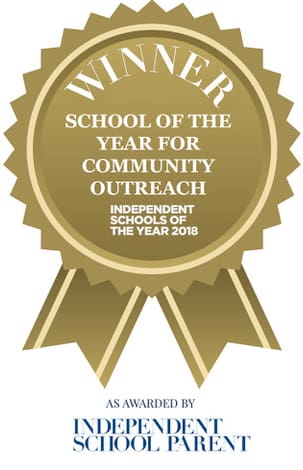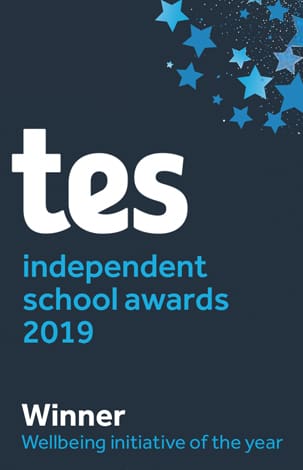
Politics
‘The thing to remember about the will of the people is, it isn’t that long since we were swept away by the Macarena’
How much do I need to know about Politics before studying it?
The course assumes no prior knowledge, simply an interest in the subject and a willingness to work and keep an eye on contemporary developments. It is important that you read a good newspaper and enjoy watching relevant TV news programmes, as well as checking out publications such as The Spectator or The Economist. In order to do well in Politics, students must enjoy thinking creatively both orally and on paper and keep up to date on current affairs.
Key recent topics
- Brexit
- Climate change protests
- The 2019 General Election
- Devolution
- The power of the Supreme Court
- The election of Donald Trump in the USA
- The power of Congress in the USA
Key skills
Construction of argument, independent learning, political analysis, extra-curricular and extra-mural opportunities: Trip to Washington/New York; Westminster; TV stations; guest speakers – local and national politicians of major political parties and commentators. Previously, politics students have spoken on radio programmes, hosted public meetings, visited Channel 4 and completed work experience for major political parties.
What choices will an A Level in Politics give me at university and beyond?
A foundation in Politics would be an advantage in careers in journalism, law, lobbying, finance and civil service. The A Level course teaches students to think critically and write persuasively and these skills are recognised and rewarded by employers.
Typically students would require GCSE Level 8 or above in English, History or Geography to be successful in A Level Politics.
Weekly extra curricular opportunities include the ability to debate in Model United Nations (MUN) and involvement in the History and Politics society.
Please follow our Twitter feed (@Mostlypols) for the latest updates2020.08
Testimonials...
Best private co-educational day school in the Southeast
Happy kids, great results.
Reigate Grammar School is rated as ‘Excellent in All Areas’


